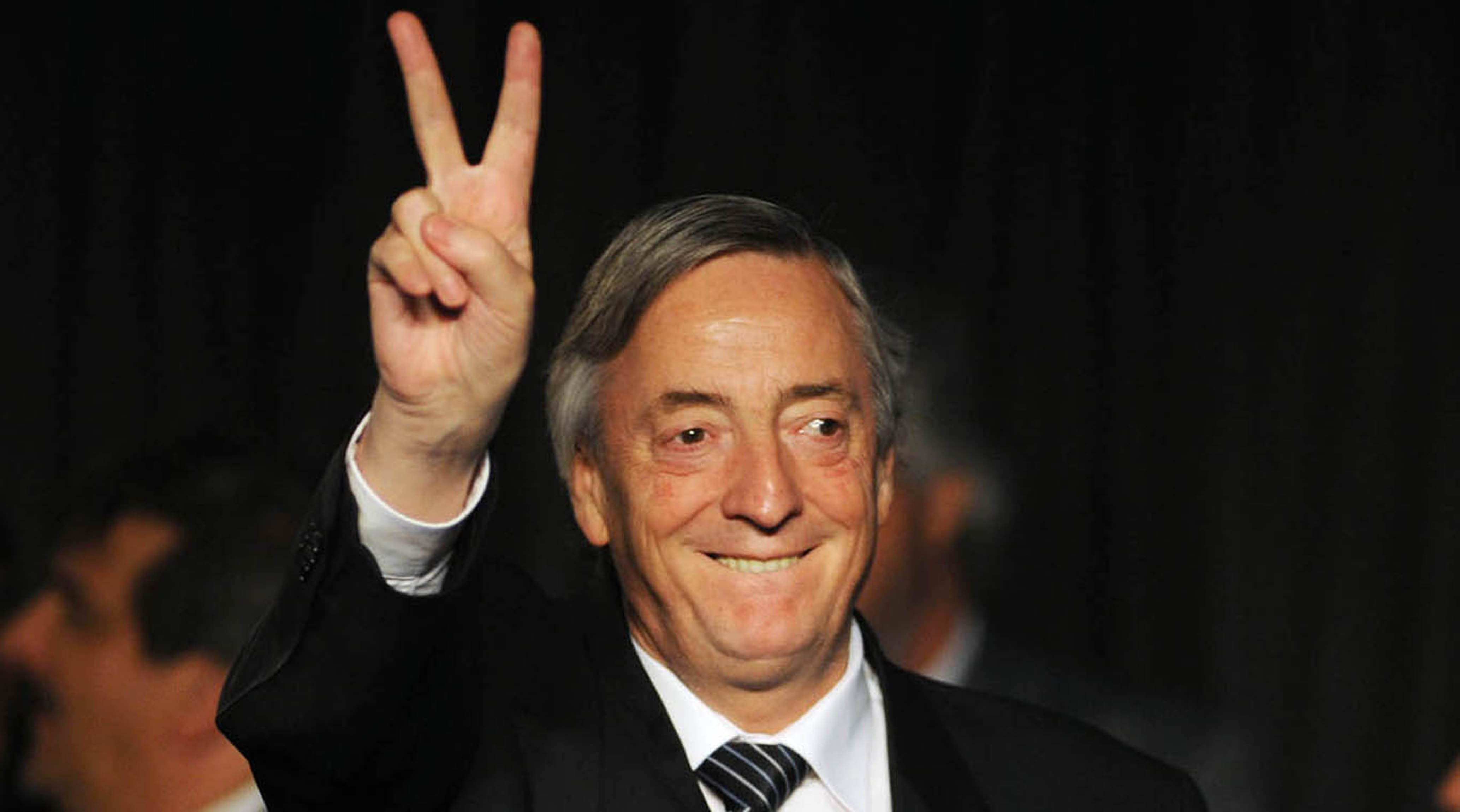NÉSTOR KIRCHNER: A COMPLEX LEGACY OF POVERTY REDUCTION AND POPULIST LEADERSHIP
Néstor Kirchner, the former President of Argentina from 2003 to 2007, remains a polarizing figure in Argentine politics. His policies on poverty reduction undoubtedly improved the lives of many Argentines, but his populist leadership style has drawn both praise and criticism. This essay will critically examine the complexities of Néstor Kirchner's presidency, exploring the strengths and weaknesses of his policies and leadership style.
POVERTY REDUCTION POLICIES
One of Kirchner's most significant achievements was his commitment to reducing poverty. Argentina had been ravaged by a severe economic crisis in the late 1990s and early 2000s, which left millions ofArgentines in poverty. Kirchner implemented a series of policies aimed at addressing the root causes of poverty, including increasing social spending, expanding access to healthcare and education, and creating jobs.
Kirchner's policies were successful in reducing poverty. The poverty rate fell from 54% in 2003 to 28% in 2007, and the extreme poverty rate fell from 27% to 11% during the same period. These improvements in living standards were due in large part to Kirchner's policies, which provided much-needed assistance to the poorest and most vulnerable Argentines.
POPULIST LEADERSHIP STYLE
Kirchner's leadership style was often described as populist. He used rhetoric that appealed to the common people and often attacked the "establishment" or "elites." He also used direct democracy mechanisms, such as referendums and public assemblies, to bypass traditional political institutions.
Critics of Kirchner's populist leadership style argue that it was divisive and undermined democratic institutions. They argue that Kirchner's rhetoric often demonized those who disagreed with him and that his use of direct democracy mechanisms allowed him to bypass the legislature and judiciary.
Supporters of Kirchner's populist leadership style argue that it was necessary to break the power of the elites and to give voice to the people. They argue that Kirchner's policies improved the lives of many Argentines and that his use of direct democracy mechanisms allowed the people to have a greater say in their government.
CRITIQUES OF KIRCHNER'S POLICIES AND LEADERSHIP STYLE
Despite his successes in reducing poverty, Kirchner's policies and leadership style have been criticized on several grounds. Critics argue that his policies were unsustainable in the long term and that his leadership style was authoritarian.
Critics of Kirchner's economic policies argue that they led to high inflation and a decline in foreign investment. They argue that Kirchner's government spent too much money and that its policies were not sustainable in the long term.
Critics of Kirchner's leadership style argue that he was authoritarian and that he undermined democratic institutions. They argue that Kirchner used his control over the media to silence his critics and that he used direct democracy mechanisms to bypass the legislature and judiciary.
CONCLUSION
Néstor Kirchner was a complex and controversial figure. His policies on poverty reduction undoubtedly improved the lives of manyArgentines, but his populist leadership style has drawn both praise and criticism. While his policies were successful in reducing poverty, they were also unsustainable in the long term. And while his leadership style was popular with many Argentines, it was also criticized for being authoritarian and for undermining democratic institutions.
Kirchner's legacy is still being debated today. His policies on poverty reduction undoubtedly had a positive impact on the lives of many Argentines, but his populist leadership style has left a more mixed legacy. Only time will tell how Kirchner will be remembered by history.
Complete History Of Miss World: Every Champion From 1951 To Today
All 71 Miss World Winners: Complete List And Facts About Each Champion



